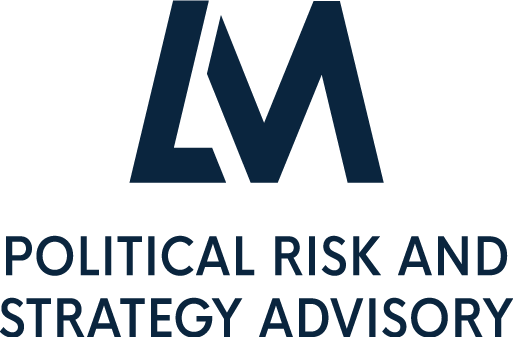L&M PRISK shared Insights on Sanctions and Anti-Corruption Compliance at Prague Conference
The GCM Parker conference “21st Business Ethics Anti-Corruption Compliance and Fraud Prevention Strategies in CEE” took place in Prague from September 26 to 27. L&M PRISK contributed with a presentation on “Firm Level Response to Sanctions and Anti-Corruption Compliance”. Moreover, Hannes Meissner took part in a panel discussion on “Sanctions Compliance and Screening”.
In his presentation on L&M PRISK's experience, Hannes Meissner emphasized that companies' anti-corruption strategies are increasingly shifting from retrospective damage limitation to proactive, forward-looking trade compliance management. The reason for this is the fact that the world is facing a multiple crisis. De-globalization, geopolitical conflicts and hybrid warfare between the West and the emerging bloc of authoritarian countries, sanctions regimes, terrorism and cyber risks are forcing Western countries to introduce more and stricter sanctions and trade compliance regulations. At the same time, law enforcement is on the rise. As enforcement agencies increasingly turn to experts to investigate the full picture of compliance violations, companies must respond appropriately. In this context, Hannes presented a best practice strategy for trade compliance risk management. He also illustrated this L&M PRISK approach using three current consultancy cases.
The panel discussion was moderated by Zoard Gazmar (Head of Compliance, OTP Bank). Other panelists were Nora Sljukic (Chief Compliance Officer and MLRO, UniCredit Bank Hungary) and Antonio Stoyanov (Senior Vice President, AlixPartners). In our discussion, we came to the conclusion that the circle of sanctions continues to escalate, driven by the ongoing geopolitical conflicts. However, while in the first phase after the Russian attack on Ukraine the pace of imposing sanctions was high, the strategy has now shifted to closing loopholes. This is characterized by secondary sanctions and attacks on individual targets responsible for the loopholes and identified by trade compliance authorities. As a next step, enforcement will become increasingly important. As we concluded, there are currently still far-reaching deficits here.

